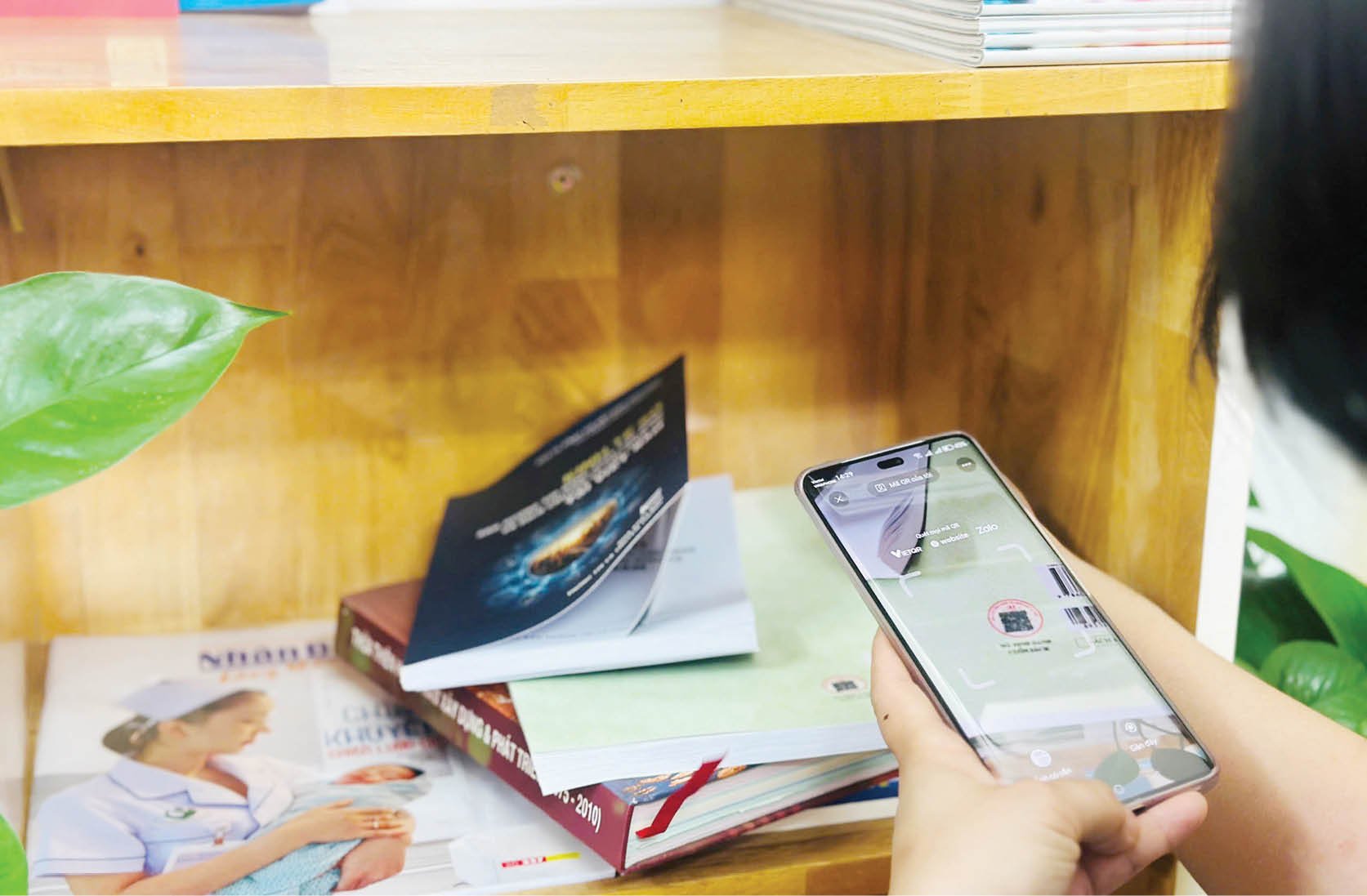 |
| Scan QR codes and barcodes to verify product authenticity. Photo: Bao Phuoc |
When consumers become victims in the “blind game”
“I once bought a joint support capsule advertised online for nearly one million VND per box, but it was ineffective. I looked it up and couldn’t find the company name, the QR code didn’t work, there was no address or quality announcement...”, said Ms. Nguyen Thi Coi (Thuan Hoa district).
Mrs. Coi’s story is not uncommon. From functional foods, cosmetics, household goods to baby care products, countless “floating” goods are spreading massively under the guise of “hand-carried”, “handmade”, “family heirloom”, making it easy for consumers to fall into the trap of marketing tricks and cheap prices, and then trade it with their own health and interests.
Recently, the authorities have continuously discovered many serious cases such as fake milk and fake functional foods in many localities. Prime Minister Pham Minh Chinh has repeatedly affirmed: "There are no forbidden areas, no exceptions" in the fight against counterfeit goods, requiring strict handling of violations with the motto: "Handle one case, warn the whole region, the whole field".
This reality forces consumers to change their thinking. If in the past, purchasing decisions were easily influenced by low prices or advertising, now, vigilance and proactively checking the origin of products have become a condition for survival. Every citizen needs to become a “smart consumer”: Only choose products with valid barcodes, QR codes, clear information about quality, production address and transparent distributor.
People can take advantage of digital crime scene reporting platforms like Hue-S to send timely warnings, helping the government monitor the market, handle violations, and protect the community. In the context of rampant counterfeit goods, transparency of origin is not only a defense tool, but also a “survival shield” for both consumers and legitimate businesses.
Transparency is no longer an option, but a condition of existence
In the fight against counterfeit, fake and poor quality goods, enterprises are the key link. In fact, many small businesses, especially in online business, still take lightly the announcement of standards, registration of codes, barcodes, or building a traceability system (TXNG). Many places use "fake" QR codes, making consumers think they are checking genuine goods, but in reality they fall into a "matrix" of fake goods disguised as genuine.
Ms. Vo Thi Hai Hien (Thuan Hoa district) shared: “I once bought perfume and a hair dryer for nearly 2 million VND online. The goods were of poor quality, and when I checked the QR code, it said they did not exist.” This is no longer a consumer accident, but the result of a lack of transparency in business.
Faced with the above situation, the Department of Science and Technology (DOST) has stepped up training and dissemination of information on food safety and quality standards on digital platforms. At the same time, it recommends that people only buy products with full labels, clear origins, and quality declarations according to regulations, and absolutely avoid goods of unknown origin and unsafety.
Mr. Nguyen Kim Tung, Deputy Director of the Department of Science and Technology, emphasized: TXNG not only protects products but also protects the image of enterprises in the context of increasingly sophisticated counterfeit and poor quality goods. Each unit needs to be proactive and transparent with all information related to products when they are put on the market.
Mr. Hoang Cong, an expert from the Department of Science and Technology, said: TXNG is a legal "shield" that helps businesses fight counterfeiting and maintain their reputation in a fiercely competitive environment. At the same time, this is a prerequisite for goods to be able to access supermarkets, e-commerce platforms or export. With digital data, authorities can also quickly verify and handle violations promptly, instead of widespread inspections.
For businesses, transparency in production and sales is a commitment to consumers, helping products circulate easily, avoiding legal risks, saving costs and improving management capacity. Meanwhile, the government plays the role of a bridge, supporting the verification and verification of information.
Many businesses expressed their hope that the Department of Science and Technology would continue to organize regular training sessions to promptly update new regulations as well as share practical experiences in handling situations in product quality control activities, building and applying codes and barcodes for products and goods.
The fight against counterfeit goods is no longer a private matter. Consumers are the supervisory force, businesses are the subjects creating transparency, and management agencies with legal tools such as TXNG are the "blockade" to protect common interests. However, to stop counterfeit goods, we cannot rely solely on the cleverness of buyers or the conscience of sellers. We need stronger policies, requiring TXNG for each group of goods, clearly defining the responsibilities of each stage, and most importantly, strictly handling any intentional lack of transparency.
Source: https://huengaynay.vn/kinh-te/cuoc-chien-chong-hang-gia-thanh-loc-bang-minh-bach-va-niem-tin-154536.html





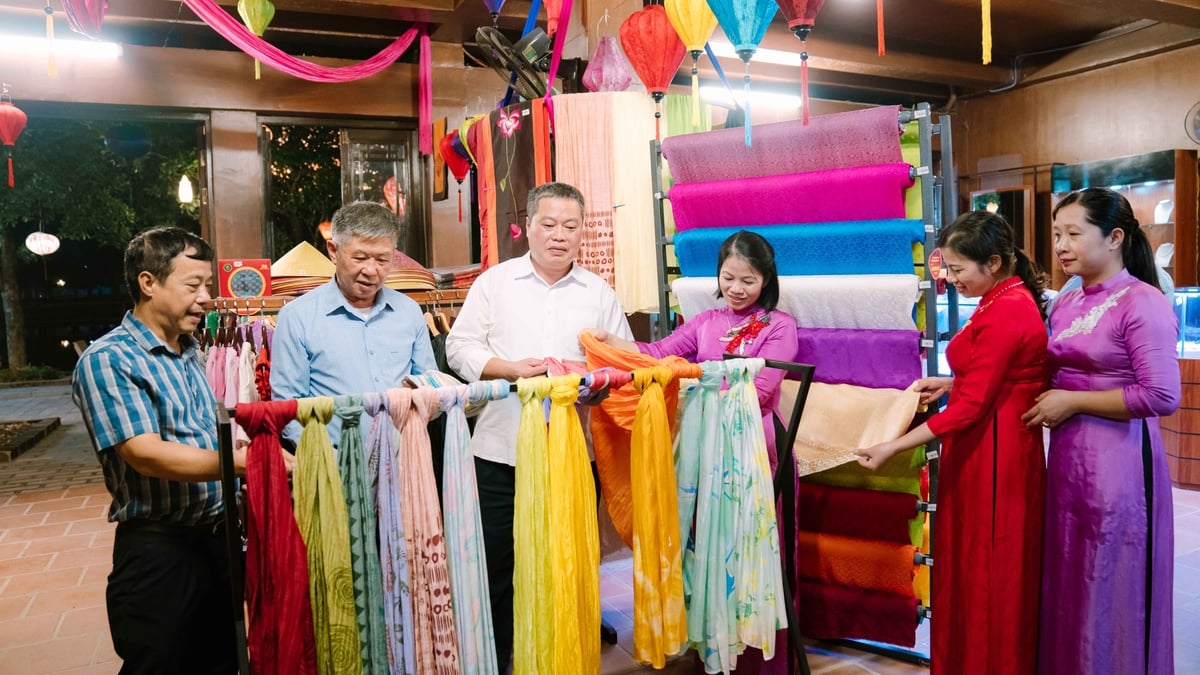


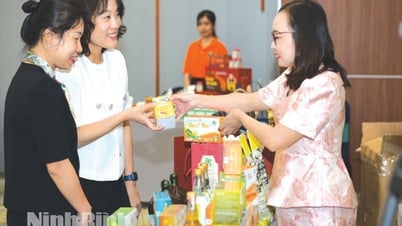

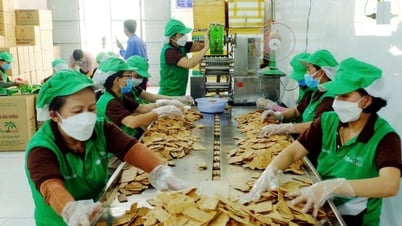

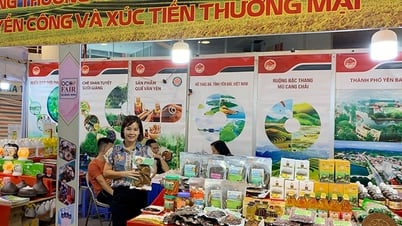

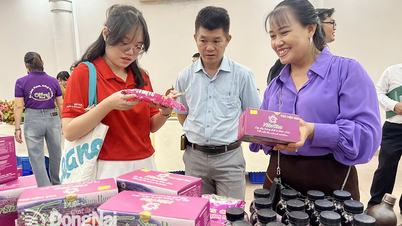

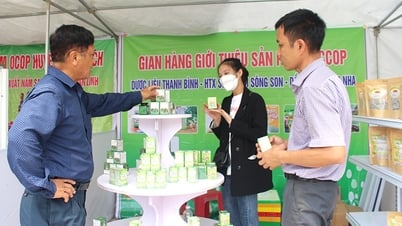

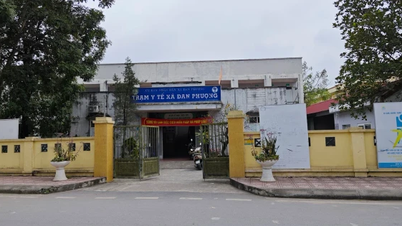





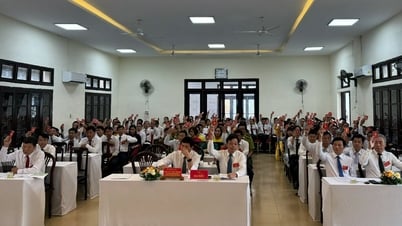
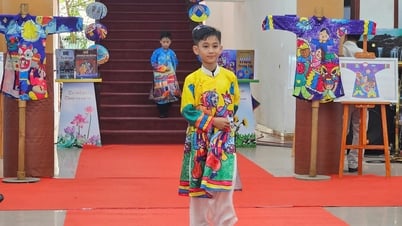
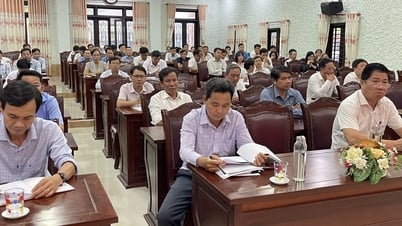
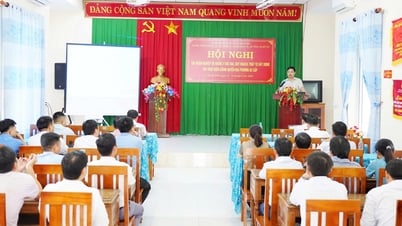
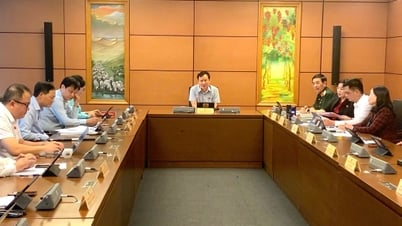
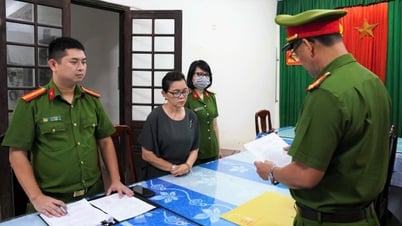

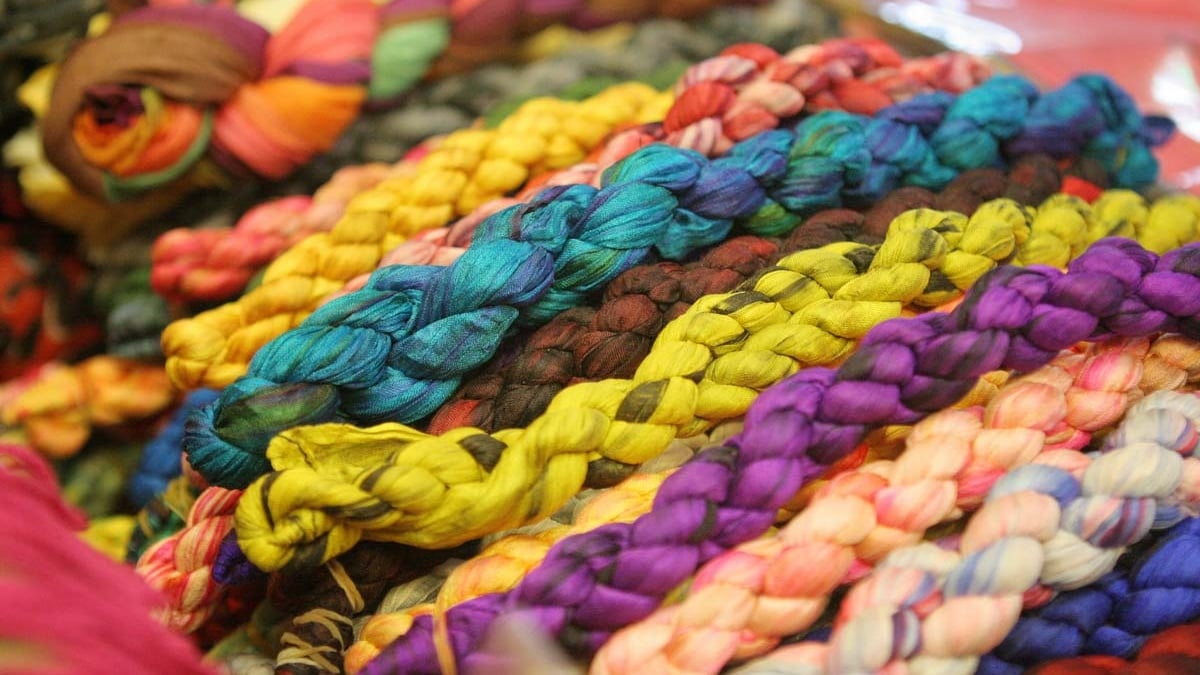







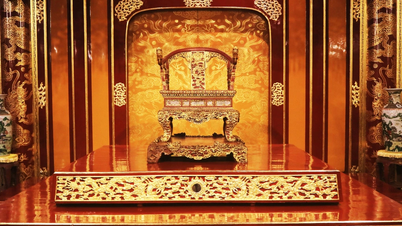
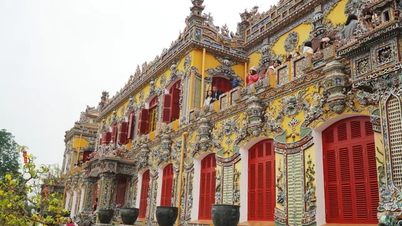



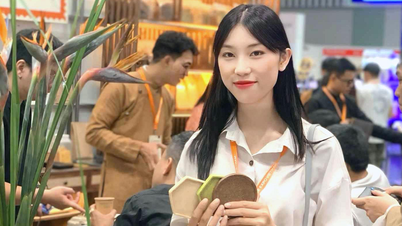




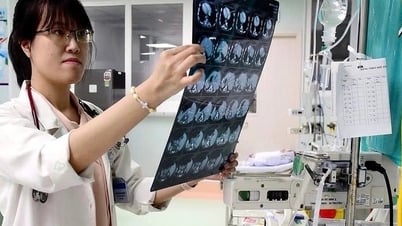
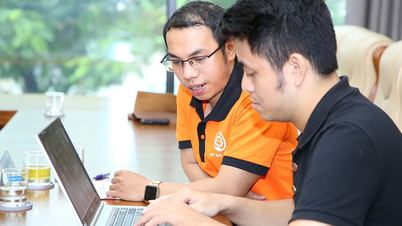






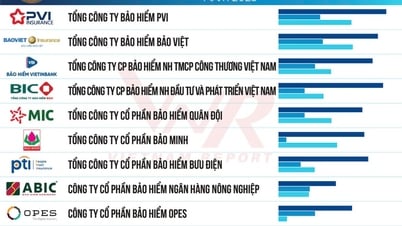


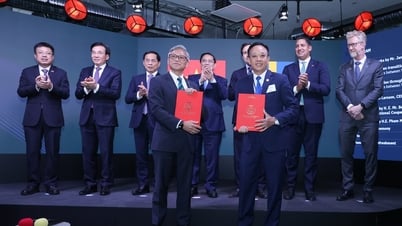

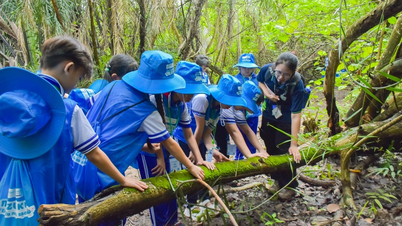



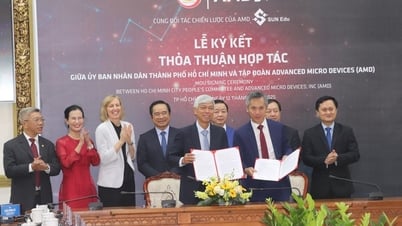
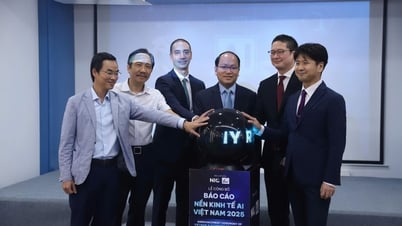

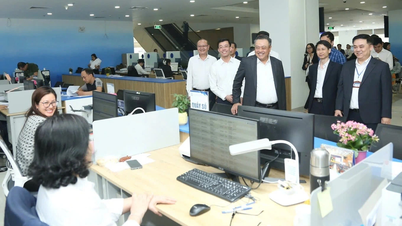


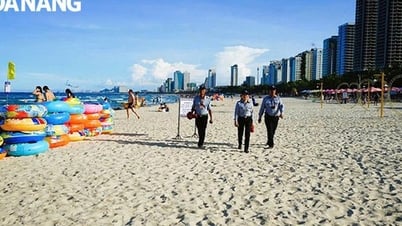
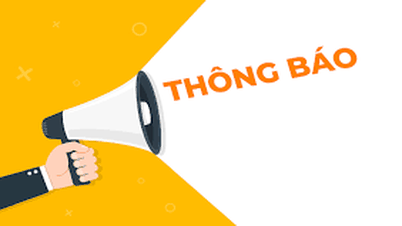



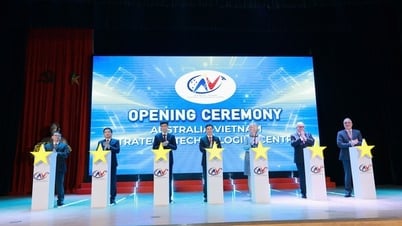

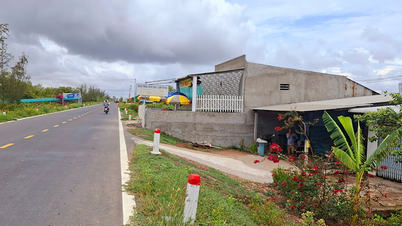

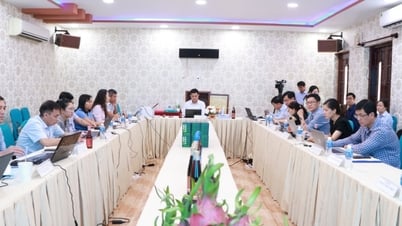





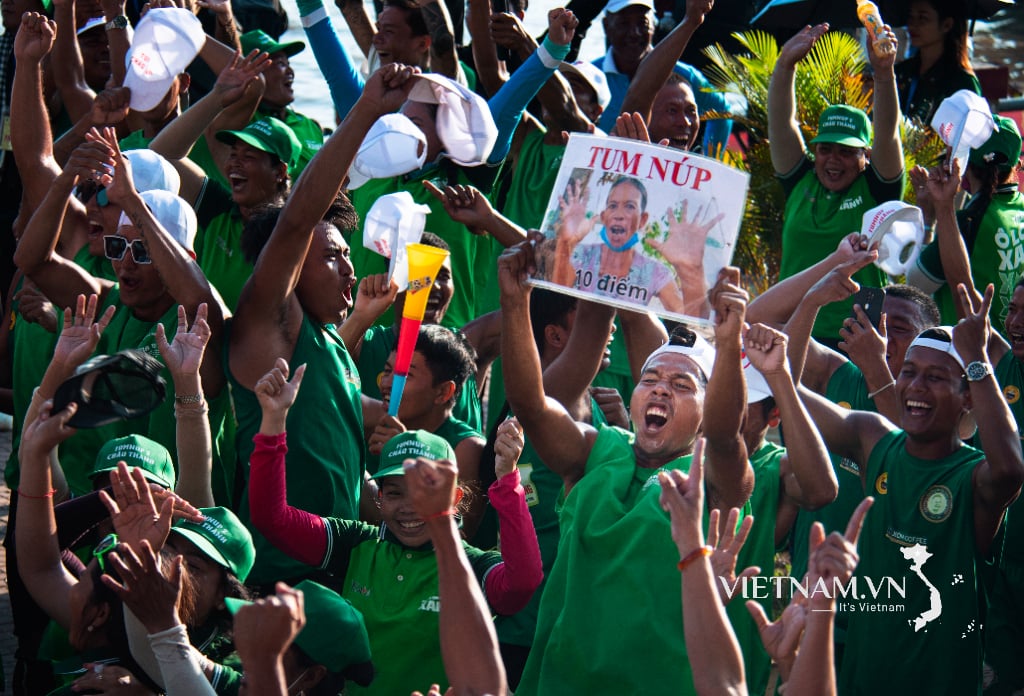
Comment (0)